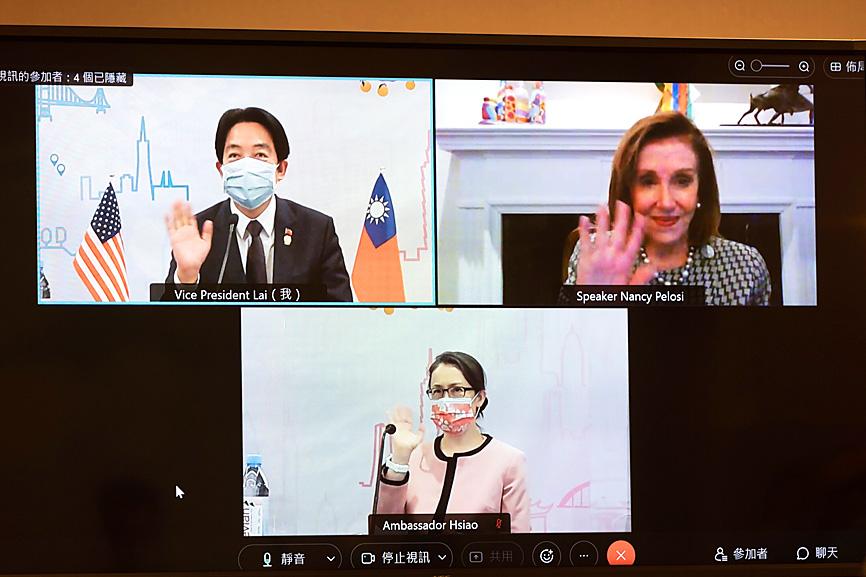The State Bank of India has raised US$300 million from the Taiwanese market through a maiden issue of Formosa bonds at a coupon rate of 2.49 percent. The issuance attracted a wide range of investors, such as supranational agencies, asset managers, private bankers and financial institutions. Meanwhile, the Indian government has also started talks with Taiwan on a free-trade agreement.
These developments would normally have been treated as a routine affair between India and Taiwan, but as the countries do not enjoy formal ties, and India has in the past remained hesitant to sign a free-trade agreement with Taiwan, the activities underscore a profound shift in New Delhi’s policy toward Taipei. More to the point, the successive governments before Indian Prime Minister Narendra Modi tried to foster ties with Taiwan in a closet due to their fear of China.












